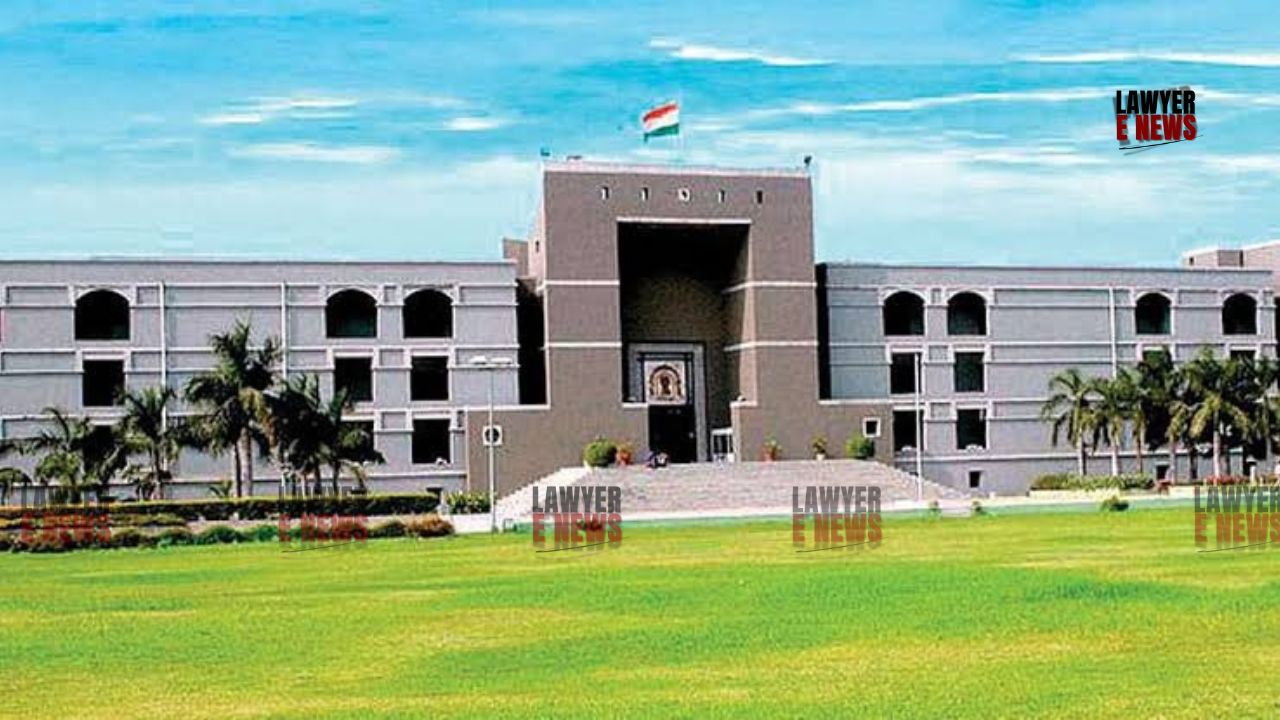-
by Admin
15 February 2026 5:35 AM



Gujarat High Court delivered a significant ruling in the case of Hetal Satishbhai Akbari vs. State of Gujarat & HIRACO India Private Limited Company. The court quashed criminal proceedings against the petitioner, Hetal Satishbhai Akbari, under Section 138 of the Negotiable Instruments Act, 1881, emphasizing that merely being a joint account holder does not attract liability under the section. The judgment is seen as an important precedent for cases involving joint account holders in cheque bounce matters.
The case originated when HIRACO India Private Limited filed a complaint against Hetal Satishbhai Akbari and her husband, Satishkumar Vrajlal Akbari, alleging that a cheque for Rs. 16,82,927 issued by Satishkumar was dishonored. Hetal, though a joint account holder, was neither the drawer nor the signatory of the cheque. The complaint, filed under Section 138 of the Negotiable Instruments Act, 1881, aimed to hold Hetal liable. In response, Hetal filed a petition to quash the complaint, arguing that she was improperly implicated solely due to her status as a joint account holder.
The primary legal issue was whether a joint account holder, who is not the drawer or signatory of a dishonored cheque, can be held liable under Section 138 of the Negotiable Instruments Act, 1881. The petitioner argued that under Section 141 of the Act, there was no basis to implicate her since she was not involved in the issuance of the cheque. The respondents contended that the proceedings should continue as Satishkumar was not cooperating with the process.
The Gujarat High Court held that being a joint account holder does not automatically make one liable under Section 138 of the Negotiable Instruments Act. Citing precedents such as Jugesh Sehgal Vs. Shamsher Singh Gogi and Aparna Shah Vs. Sheth Developers Pvt. Ltd. and Anr., the court noted that prosecution against a non-signing joint account holder is impermissible. The court observed, "The petitioner is not the signatory to the cheque, and in the opinion of this Court, the further continuation of criminal proceedings against the petitioner in relation to the impugned complaint would cause unnecessary harassment to the petitioner." The court further utilized its inherent powers under Section 482 of the Code of Criminal Procedure, 1973, to quash the proceedings, identifying the case as an abuse of the process of law.
The Gujarat High Court allowed the petition, quashing the complaint against Hetal Satishbhai Akbari, and setting aside the proceedings in Criminal Case No. 49143 of 2018, pending in the Court of the Additional Senior Civil Judge and JMFC, Surat. This judgment underscores the principle that mere joint account holders cannot be prosecuted under Section 138 unless they are directly involved in the issuance of the dishonored cheque.
Date of Decision: September 17, 2024
Hetal Satishbhai Akbari vs. State of Gujarat & HIRACO India Private Limited Company
